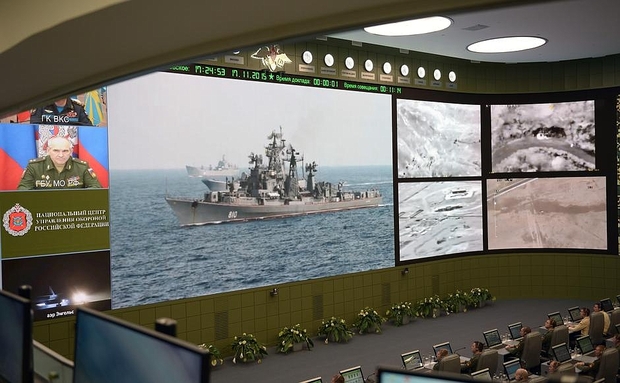''What a difference twelve months can make''
The end of 2016 has brought a turnaround in Russian economic situation and foreign policy
At the beginning of the year, Russia's prospects looked gloomy considering oil prices below $30 per barrel and problems in its foreign policy. By December, the forecast has totally changed. The president-elect of the U.S. is much friendlier to Russia than his predecessor, and the EU looks weak and divided. Furthermore, a historic agreement on oil production cut has boosted the oil price.
Speaking of economy and foreign policy, this year started poorly for Russia, but it has certainly ended well, considers Ross McCracken, an energy economist and managing editor of S&P Global Platts. In January, the budgetary outlook was bleak due to extremely low oil prices (under $30 per barrel). Hillary Clinton was expected to become the next U.S. president. Western sanctions would continue. In Syria, rebels and radical Islamist forces pressed Russia's ally, President Bashar al-Assad.
''What a difference 12 months can make,'' says McCracken describing the current situation. On 8 November, populist Republican Donald Trump unexpectedly won the U.S. Presidential Election. His nominee for secretary of state Rex Tillerson is a noted critic of sanctions against Moscow, who will probably seek their removal. He claims that the sanctions hurt not so much Russia but American companies trying to do business there. The new president has also indicated that he intends to build a much more cooperative relationship with Russian President Vladimir Putin.
In Syria, President Assad's regime won a significant victory having cleared eastern Aleppo of rebels. This aim could not have been achieved without Russian air power and other assistance. Although this does not resolve the Syrian conflict by any means, the message has become a fact. The message here is that Russia is both capable of and willing to defend its allies, while the West stands by impotently, believes the author.

As for the European Union, it '' looks weak and divided''. The union's negotiations with the UK on Brexit are likely to absorb the EU's and London's attention for years, with potential long-term economic damage for both sides. Besides, a series of votes for populist candidates across Europe has also weakened the union. At the same time, Russia has reconciled with Turkey. Construction of new southern gas pipeline TurkStream is scheduled to start in 2017.
Russia's oil and gas revenues are likely to increase too. An agreement of both OPEC and non-OPEC oil producers to cut their output has boosted the oil price. Even so, ''Moscow must hope that the deal is implemented and has a lasting impact on the supply/demand balance in the oil market'', states McCracken. ''The oil price must rise sufficiently to more than reimburse the loss of volume.''